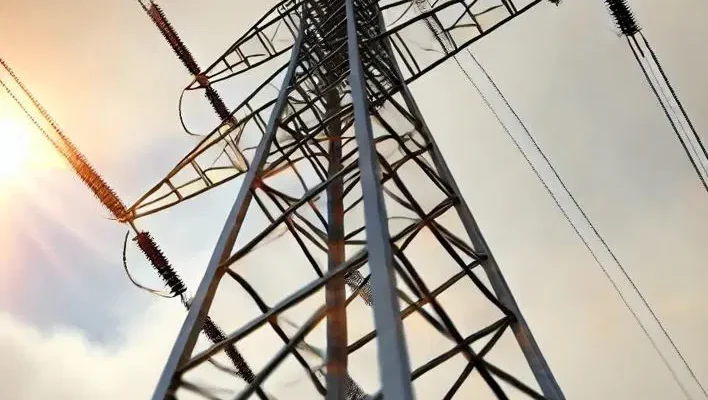
The Nigerian Presidency has reaffirmed its commitment to settling the N2 trillion legacy debt owed to electricity generation companies (GenCos) before the end of the third quarter of 2025 — a move aimed at averting a potential shutdown of the nation’s power sector.
A representative of the Special Adviser to the President on Energy, Eriye Onagoruwa, made this known on Monday during the second Nigerian Electricity Supply Industry (NESI) Stakeholders’ Meeting for 2025, hosted by the Nigerian Electricity Regulatory Commission (NERC).
Onagoruwa noted that the Bola Tinubu-led administration is fully aware of the pressure the debt burden places on the power sector and is working actively to find sustainable solutions. She acknowledged that the current fiscal constraints require innovative financing models.
“We are empathetic to what GenCos are facing,” she said. “We are exploring alternative debt instruments, and I can confirm that both the Coordinating Minister of the Economy and the Debt Management Office are aligned with this effort. Internal approvals are currently underway.”
The announcement comes amid growing concerns over the sector’s viability, particularly in light of the unresolved N4 trillion gas debt that continues to loom large. In April, DAILY POST reported that power generation companies had threatened to shut down operations if the government failed to settle outstanding payments to market operators.
Minister of Power Adebayo Adelabu had previously pledged that 50 percent of the N4 trillion gas-related debt would be cleared by year’s end — a promise yet to materialize fully.
Stakeholders across the sector have since called on the federal government to match its words with decisive action, warning that persistent delays could lead to a total collapse of the already fragile power system.
Despite over a decade since the power sector’s privatisation, Nigeria continues to grapple with poor electricity supply, frequent grid collapses, infrastructure decay, energy access gaps, and widespread vandalism.
With the presidency now on record committing to clear significant legacy debts, industry observers will be watching closely to see whether these promises translate into meaningful relief for the sector — and, ultimately, better electricity for Nigerians.

Comments